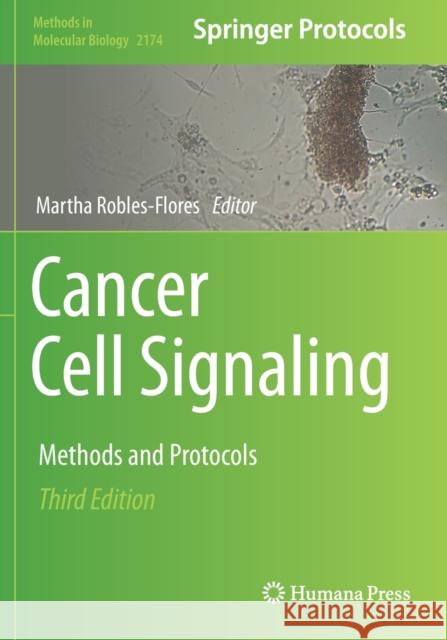Cancer Cell Signaling: Methods and Protocols » książka
topmenu
Cancer Cell Signaling: Methods and Protocols
ISBN-13: 9781071607619 / Angielski / Miękka / 2021 / 300 str.
Cancer Cell Signaling: Methods and Protocols
ISBN-13: 9781071607619 / Angielski / Miękka / 2021 / 300 str.
cena 523,30
(netto: 498,38 VAT: 5%)
Najniższa cena z 30 dni: 501,19
(netto: 498,38 VAT: 5%)
Najniższa cena z 30 dni: 501,19
Termin realizacji zamówienia:
ok. 16-18 dni roboczych.
ok. 16-18 dni roboczych.
Darmowa dostawa!
Kategorie BISAC:
Wydawca:
Humana
Seria wydawnicza:
Język:
Angielski
ISBN-13:
9781071607619
Rok wydania:
2021
Wydanie:
2021
Numer serii:
000014950
Ilość stron:
300
Oprawa:
Miękka
Wolumenów:
01
Dodatkowe informacje:
Wydanie ilustrowane











